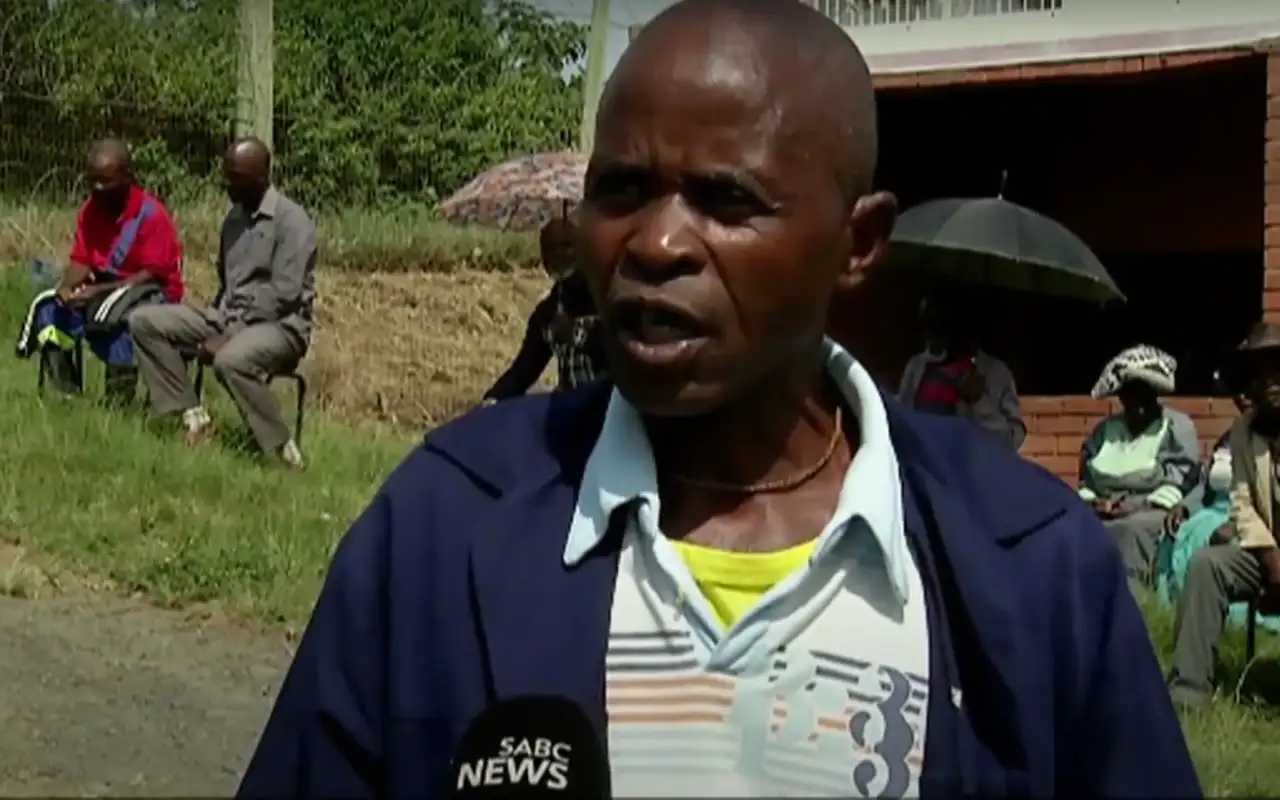The phasing out of cash pay points by the South African Social Security Agency (SASSA) is leaving grant recipients in remote, rural areas facing significant hardships and security risks.
The decision, intended to modernize the grant disbursement process, has had far-reaching and unintended consequences for the country’s most vulnerable citizens.
Once a common sight in rural communities, cash pay points provided a lifeline for social grant beneficiaries.
These locations allowed recipients to collect their vital monthly payments directly in cash.
However, a combination of security concerns and a push towards direct bank deposits has driven a shift away from cash pay points.
This shift has created a ripple effect with severe repercussions for rural beneficiaries.
“We used to get our money right here in the village,” says an elderly woman interviewed in the video, “Now we have to travel long distances to town, and it’s not safe.”
Her sentiment is echoed by many who express fear of being robbed on overcrowded public transport or targeted upon returning home.
The financial burden of travelling to distant towns is another significant challenge.
Many beneficiaries report that the cost of transport often wipes out a sizable chunk of their already meagre grant payments.
“After paying for the bus, there’s hardly enough left to buy food,” laments one man.
The shift away from cash pay points has also dealt a blow to the local economies of rural communities.
Small shops and informal traders, who once served as pay points, have seen a marked decline in their customer base.
This loss of income has a cascading effect, further weakening the economic fabric of already struggling areas.
While SASSA and Postbank have promoted the use of SASSA Gold Cards or Postbank accounts for grant access, this solution poses its own set of problems.
Many beneficiaries, particularly the elderly and those with limited literacy, struggle to navigate ATMs or point-of-sale systems.
Reports of confusion, frustration, and even instances of financial exploitation are surfacing.
The reliance on card-based systems assumes a level of infrastructure that simply doesn’t exist in many rural areas.
Power outages, unreliable network connectivity, and a lack of nearby ATMs render the cards useless, forcing beneficiaries to undertake costly journeys regardless.
The decision to phase out cash pay points appears to have been made without sufficient consideration of the lived realities of rural South Africans.
While the goals of increased security and financial inclusion are laudable, the implementation has left countless beneficiaries feeling marginalized and exposed.
SASSA’s well-intentioned plan has, in effect, increased hardship and vulnerability for those it was meant to assist.

